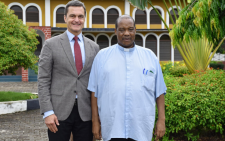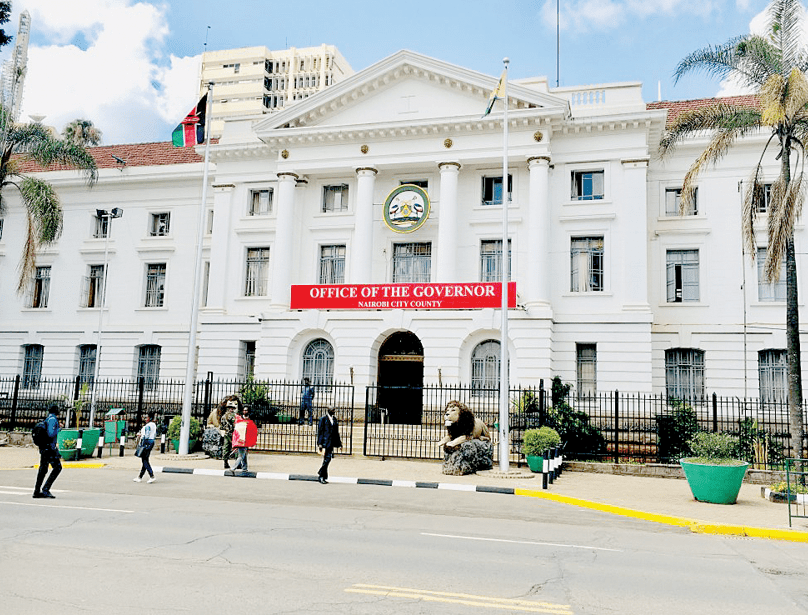Crisis threatening gender equality progress

A surge in pregnancies among students in Kenyan schools, colleges, and universities is increasingly jeopardising the education and future of young girls across the country. The issue, which often starts as a private struggle, has escalated into a national crisis with far-reaching implications, including school dropout, emotional distress, and long-term socioeconomic disadvantages. This trend threatens to reverse decades of progress in gender equality, education access, and youth development in Kenya.
The 2022 Kenya Demographic and Health Survey 2022 reveals that 15 per cent of adolescent girls aged 15–19 have already begun childbearing, with counties like Narok, Homa Bay, Migori, and Kilifi reporting the highest rates. The crisis is driven by a combination of poverty, limited access to reproductive health education, harmful cultural norms, and persistent gender inequality.
In rural areas, teenage pregnancy is often the result of early marriage and cultural expectations around motherhood. In urban informal settlements, economic hardship, sexual exploitation, and lack of parental guidance expose girls to even greater risks. Consequently, many girls are forced out of school, either because of pregnancy-related stigma, financial barriers, or lack of childcare.
Even for those who attempt to return to school, reintegration is rarely seamless. Young mothers often struggle to balance their academic responsibilities with parenting, and many face stigma, emotional trauma, and discrimination. These challenges frequently lead to poor academic performance and diminished ambitions, trapping girls in cycles of poverty.
Schools play a crucial role in either exacerbating or addressing the problem. While some institutions have embraced Kenya’s School Re-Entry Policy, others remain either unwilling or unprepared to support pregnant students and young mothers.
Parental attitudes are another critical factor. Supportive parents can help girls return to school and rebuild their confidence, but many families respond with shame, rejection, or pressure to marry early. Deep-rooted cultural taboos around pregnancy outside marriage compound the stigma. Moreover, peer pressure and misinformation about reproductive health leave many girls unprepared to make informed decisions.
Changing these harmful attitudes requires community-level engagement through awareness campaigns and dialogue with parents and elders. Holistic interventions must also address the need for comprehensive, accurate reproductive health education and open conversations between parents and children.
Kenya has adopted a number of policies to support adolescent mothers, including the Adolescent Sexual and Reproductive Health Policy and National Guidelines for School Re-Entry. However, the implementation of these policies is inconsistent due to inadequate funding, insufficient training of educators, and weak monitoring systems. Coordination between the Ministry of Education and the Ministry of Health is crucial, but currently lacks clear accountability and local-level enforcement, making the policies ineffective in many areas.
In the face of these challenges, non-governmental organisations and faith-based groups have stepped in to fill the gap. Organisations such as Plan International, AMREF, and the Girl Child Network are leading efforts to provide scholarships, deliver sexual health education, and create safe spaces for adolescent girls.
Ultimately, solving this crisis requires a multi-sectoral response. The government must enforce re-entry policies and ensure the integration of life skills education across schools. Schools should become supportive environments that enable – not stigmatise – young mothers. Religious and community leaders must challenge outdated cultural beliefs and embrace gender-progressive practices. Parents need to cultivate open, trusting relationships with their children, particularly on matters of sexuality and health.
Teenage pregnancy should not end a girl’s dream. Instead, it must be met with compassion, policy action, and community support.
— The writer is a Professor of Chemistry at the University of Eldoret, a former Vice-Chancellor, an Education Expert, and a Quality Assurance Consultant; okothmdo@uoeld.ac.ke-















